Free Shipping on Orders Over $70
-
Aloe vera & Aftersun
Shop All
Aloe Vera Gel
10345 reviewsAftersun Recovery Spray
38 reviewsAftersun Cooling Spray
45 reviewsAloe Vera Spray
2633 reviewsAftersun Recovery Gel
45 reviews -
Magnesium Oil & Blends
Catalog
USP Grade Magnesium Oil, Big 12 Oz
3883 reviewsMagnesium Oil with Aloe Vera, Big 12 Oz
1346 reviewsSleep Well Spray
316 reviewsStress & Anxiety Spray
125 reviewsHappy Joints Magnesium Spray
316 reviews -
Castile Soap
Catalog
Unscented Castile Soap
2924 reviewsLemon Castile Soap
371 reviewsMandarine & Basil Castile Soap
244 reviewsSweet Orange Castile Soap
375 reviewsPeppermint Castile Soap
104 reviews -
Carrier Oils
Catalog
Pure Castor Oil
1179 reviewsSweet Almond Oil
912 reviewsOrganic Vegetable Glycerine
266 reviewsFractionated Coconut Oil
326 reviewsPure Apricot Oil 32oz
106 reviews -
Magnesium Bath & Beauty
Catalog
Organic Magnesium Cocoa Butter Body Creme
818 reviewsMagnesium Lotion
5 reviewsSleep well flakes
484 reviewsDeep Relax Flakes
488 reviewsPure Mg Flakes
484 reviews -
Hair Care
Catalog
Rice Water Spray 4oz Biotin
81 reviewsRice Water Spray 4oz Nettle
33 reviewsRice Water Spray 4oz Rose
43 reviewsRosemary Oil 2oz Rice
No reviewsRosemary Oil 2oz Biotin
2 reviews -
Wellness Packs
Catalog
The Detox Trio Symphony Pack
2 reviewsDetox Bundle: Hair and Scalp Pack
No reviewsDetox Bundle: Wellness Duo Pack
2 reviewsMommy Makeover Pack
No reviews - Gift Cards
- Aloe vera & Aftersun
- Magnesium Oil & Blends
- Castile Soap
- Carrier Oils
- Magnesium Bath & Beauty
- Hair Care
- Wellness Packs
- Gift Cards
Shop All
Aloe Vera Gel
10345 reviews
10345 reviews
Aftersun Recovery Spray
38 reviews
38 reviews
Aftersun Cooling Spray
45 reviews
45 reviews
Aloe Vera Spray
2633 reviews
2633 reviews
Aftersun Recovery Gel
45 reviews
45 reviews
Catalog
USP Grade Magnesium Oil, Big 12 Oz
3883 reviews
3883 reviews
Magnesium Oil with Aloe Vera, Big 12 Oz
1346 reviews
1346 reviews
Sleep Well Spray
316 reviews
316 reviews
Stress & Anxiety Spray
125 reviews
125 reviews
Happy Joints Magnesium Spray
316 reviews
316 reviews
Catalog
Unscented Castile Soap
2924 reviews
2924 reviews
Lemon Castile Soap
371 reviews
371 reviews
Mandarine & Basil Castile Soap
244 reviews
244 reviews
Sweet Orange Castile Soap
375 reviews
375 reviews
Peppermint Castile Soap
104 reviews
104 reviews
Catalog
Pure Castor Oil
1179 reviews
1179 reviews
Sweet Almond Oil
912 reviews
912 reviews
Organic Vegetable Glycerine
266 reviews
266 reviews
Fractionated Coconut Oil
326 reviews
326 reviews
Pure Apricot Oil 32oz
106 reviews
106 reviews
Catalog
Organic Magnesium Cocoa Butter Body Creme
818 reviews
818 reviews
Magnesium Lotion
5 reviews
5 reviews
Sleep well flakes
484 reviews
484 reviews
Deep Relax Flakes
488 reviews
488 reviews
Pure Mg Flakes
484 reviews
484 reviews
Catalog
Rice Water Spray 4oz Biotin
81 reviews
81 reviews
Rice Water Spray 4oz Nettle
33 reviews
33 reviews
Rice Water Spray 4oz Rose
43 reviews
43 reviews
Rosemary Oil 2oz Rice
No reviews
No reviews
Rosemary Oil 2oz Biotin
2 reviews
2 reviews
Catalog
The Detox Trio Symphony Pack
2 reviews
2 reviews
Detox Bundle: Hair and Scalp Pack
No reviews
No reviews
Detox Bundle: Wellness Duo Pack
2 reviews
2 reviews
Mommy Makeover Pack
No reviews
No reviews









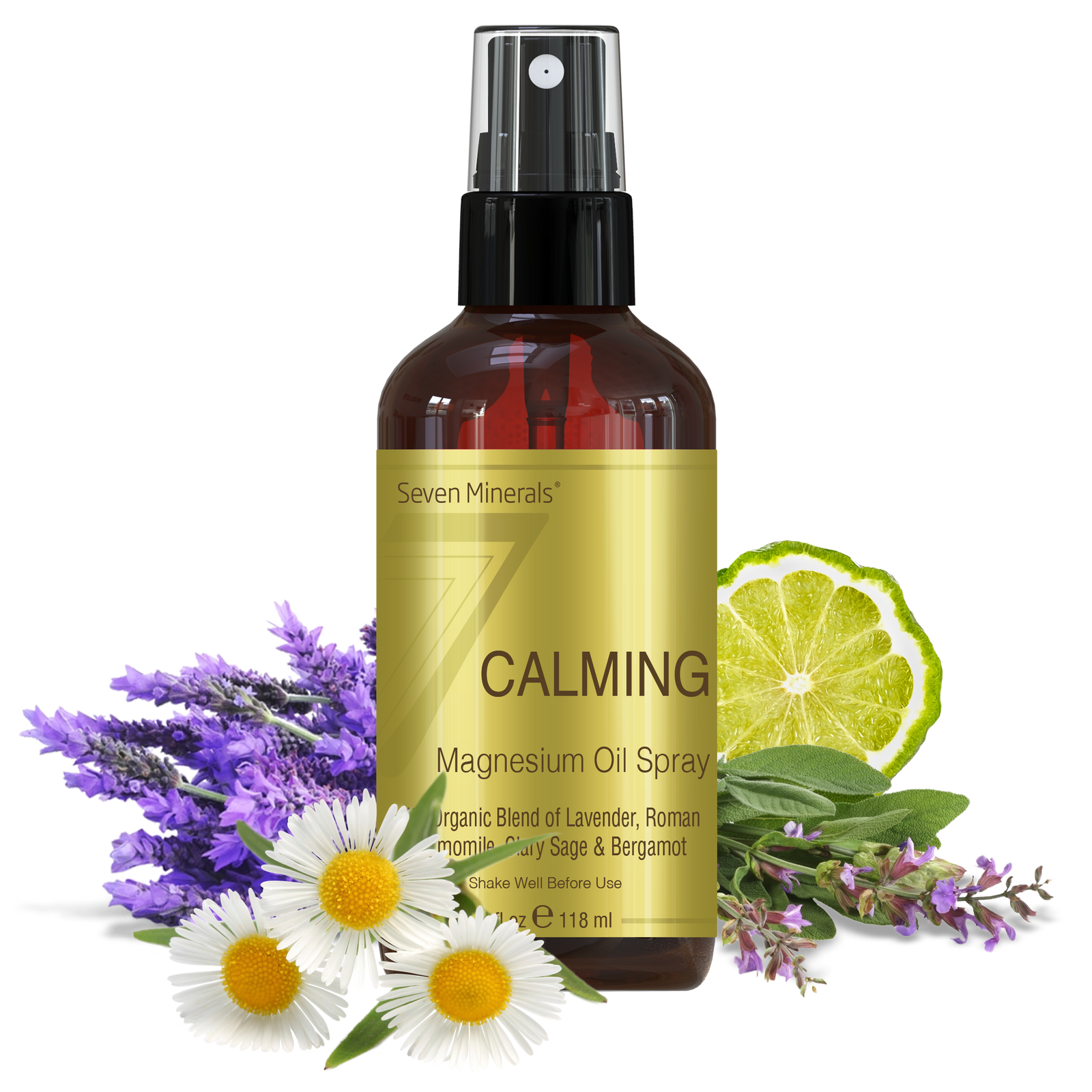






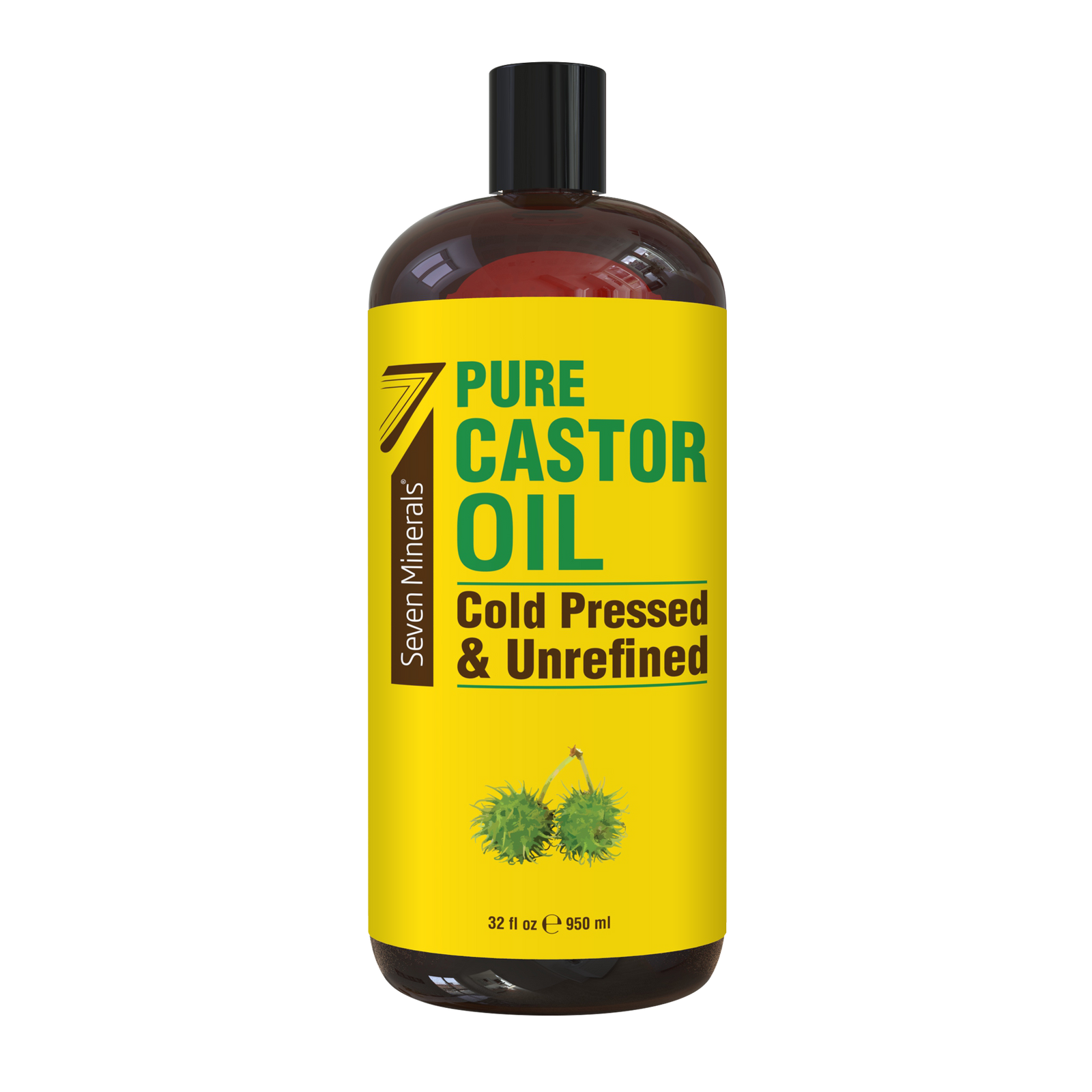
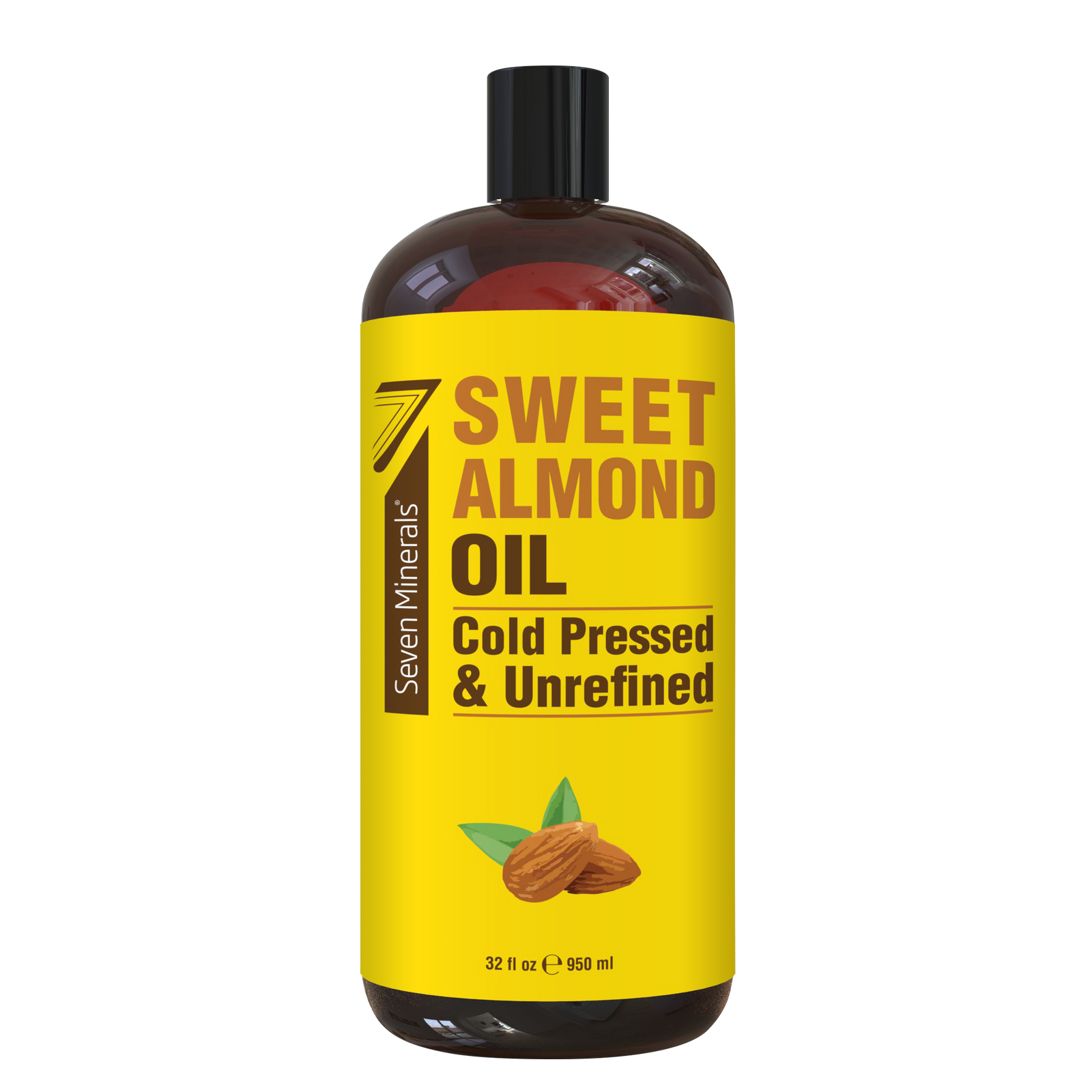
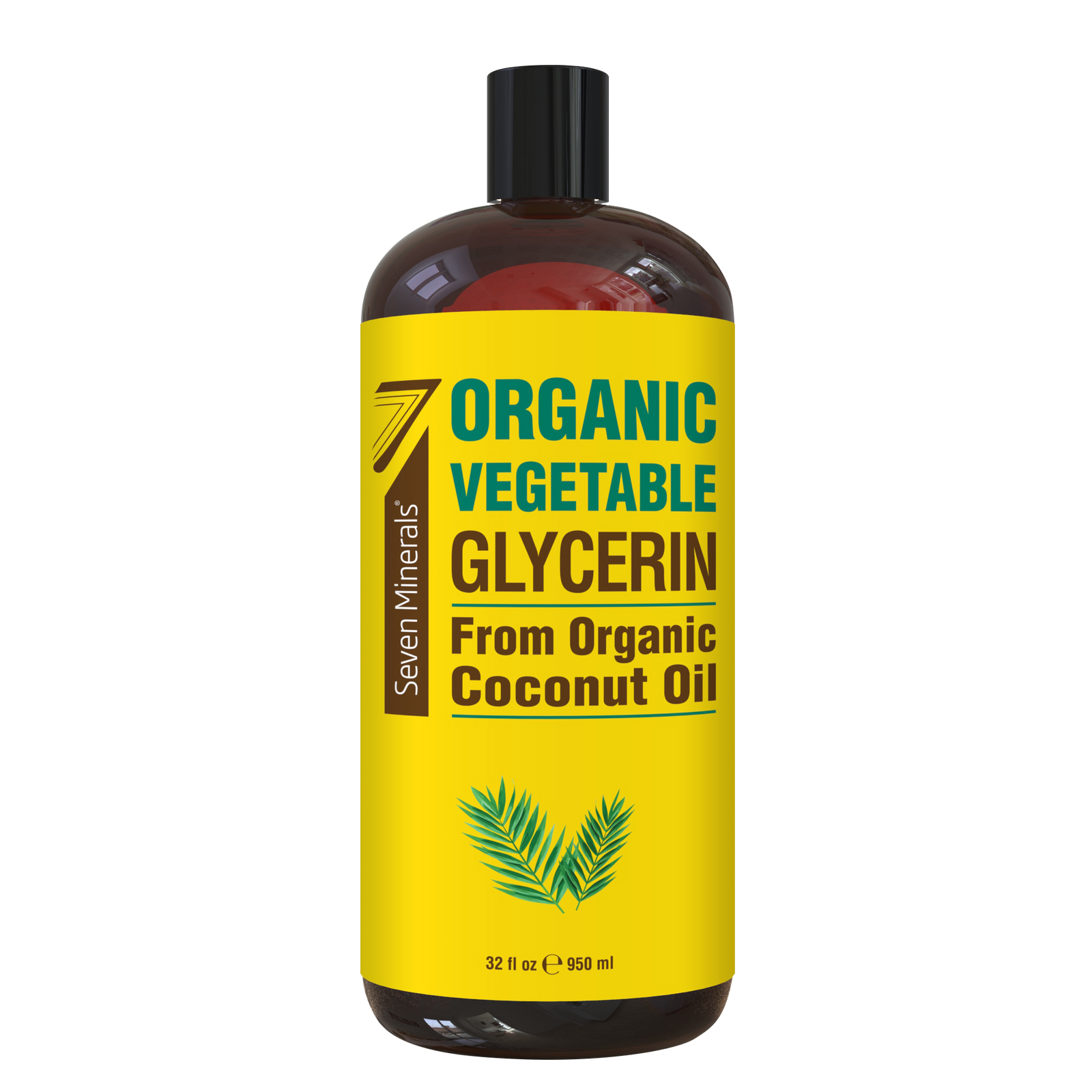


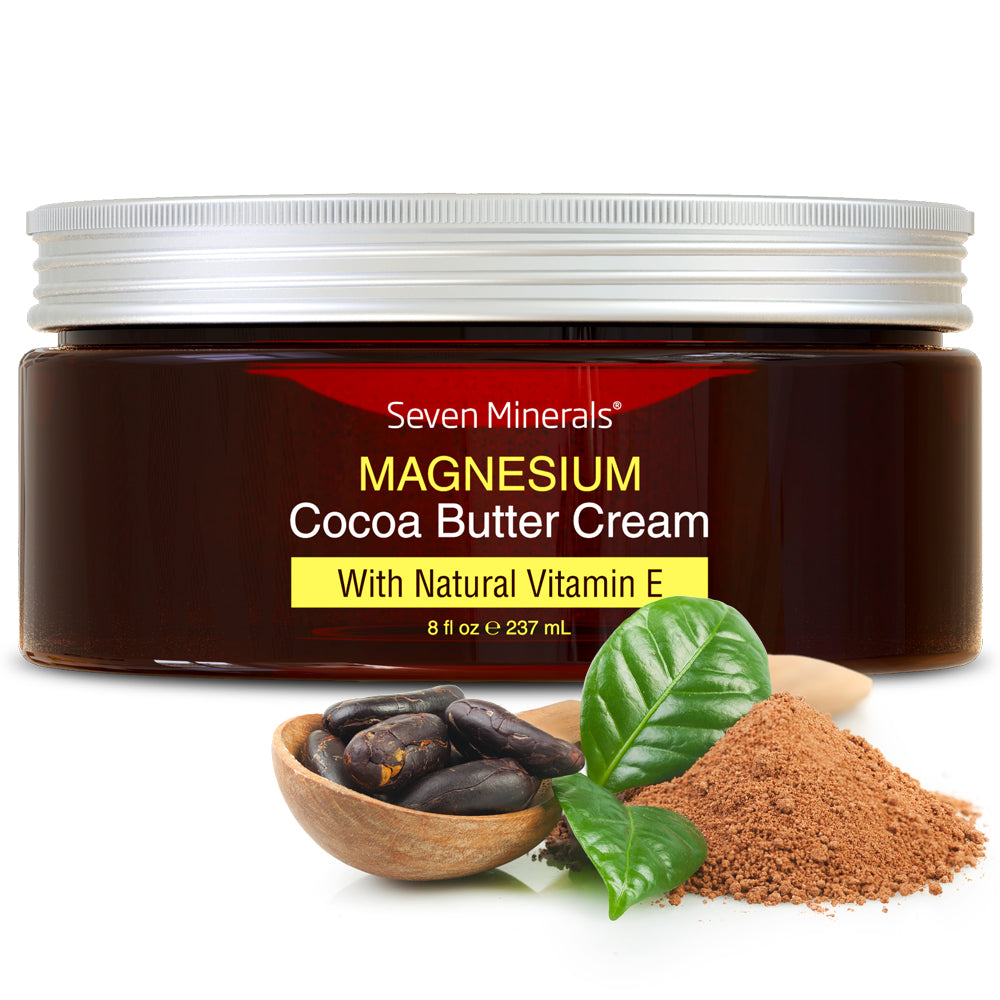
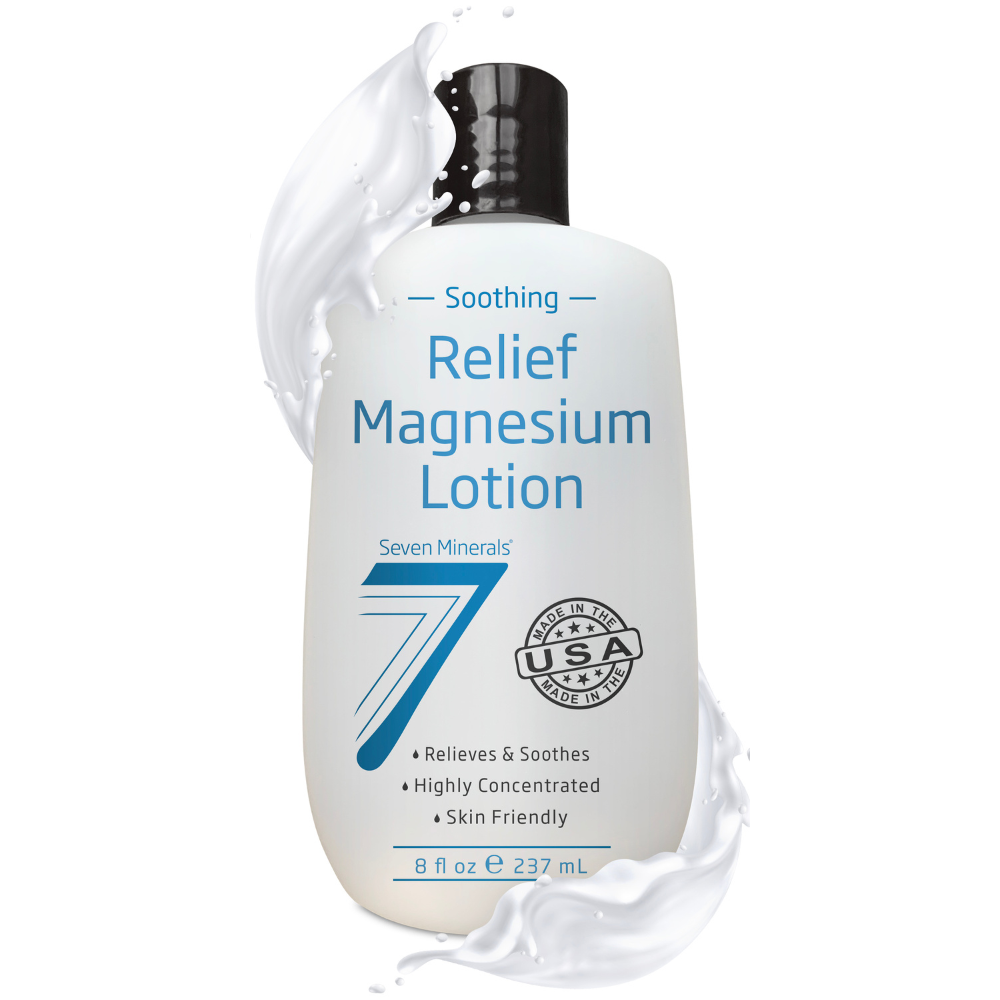














 Magnesium reduces the release of acetylcholine at the neuromuscular junction. Additionally, it causes reduced excitability of nerves and acts as an anticonvulsant. (5)
Magnesium reduces the release of acetylcholine at the neuromuscular junction. Additionally, it causes reduced excitability of nerves and acts as an anticonvulsant. (5)  There are studies showing that magnesium supplementation prevents and manages hypertension and cardiovascular disease. Specifically, after magnesium supplementation symptoms of palpitation, low energy, anxiety, chest pain, faintness and breathing difficulties were considerably reduced. Another study has shown that magnesium intake resulted to significantly improved systolic and diastolic blood pressure. (6) According to a 2013 study, magnesium supplementation resulted to lower resting and recovery systolic blood pressure after aerobic and resistance exercise. (7)
There are studies showing that magnesium supplementation prevents and manages hypertension and cardiovascular disease. Specifically, after magnesium supplementation symptoms of palpitation, low energy, anxiety, chest pain, faintness and breathing difficulties were considerably reduced. Another study has shown that magnesium intake resulted to significantly improved systolic and diastolic blood pressure. (6) According to a 2013 study, magnesium supplementation resulted to lower resting and recovery systolic blood pressure after aerobic and resistance exercise. (7)

